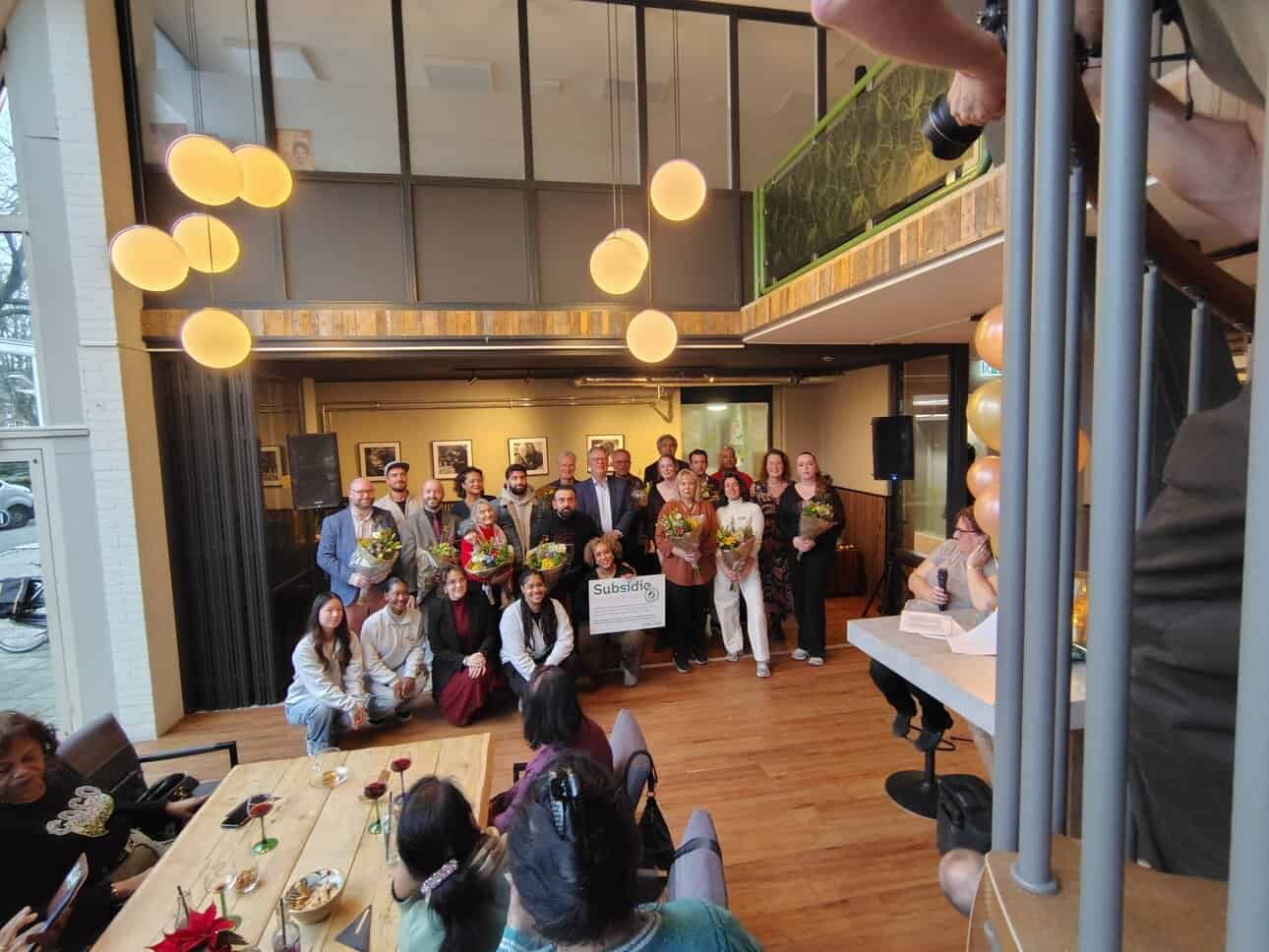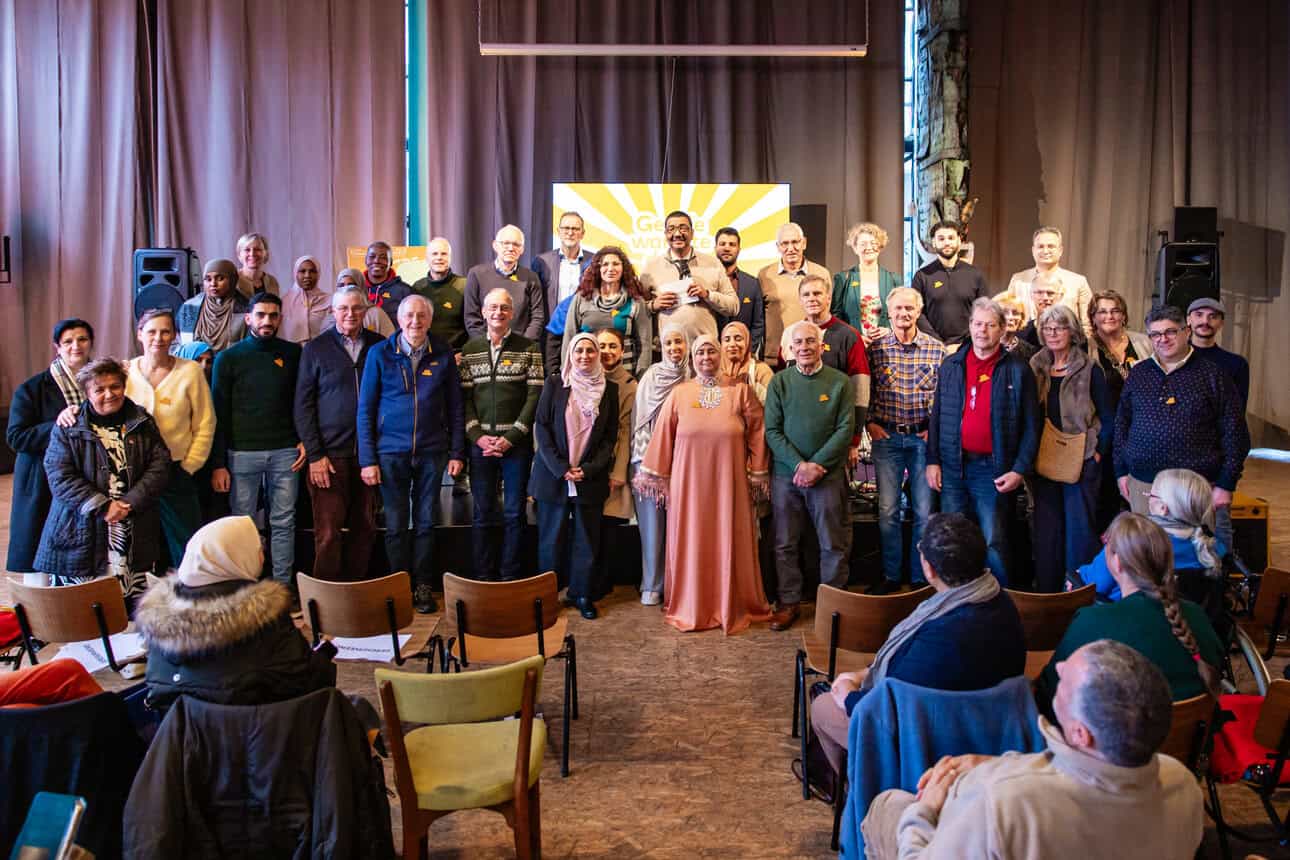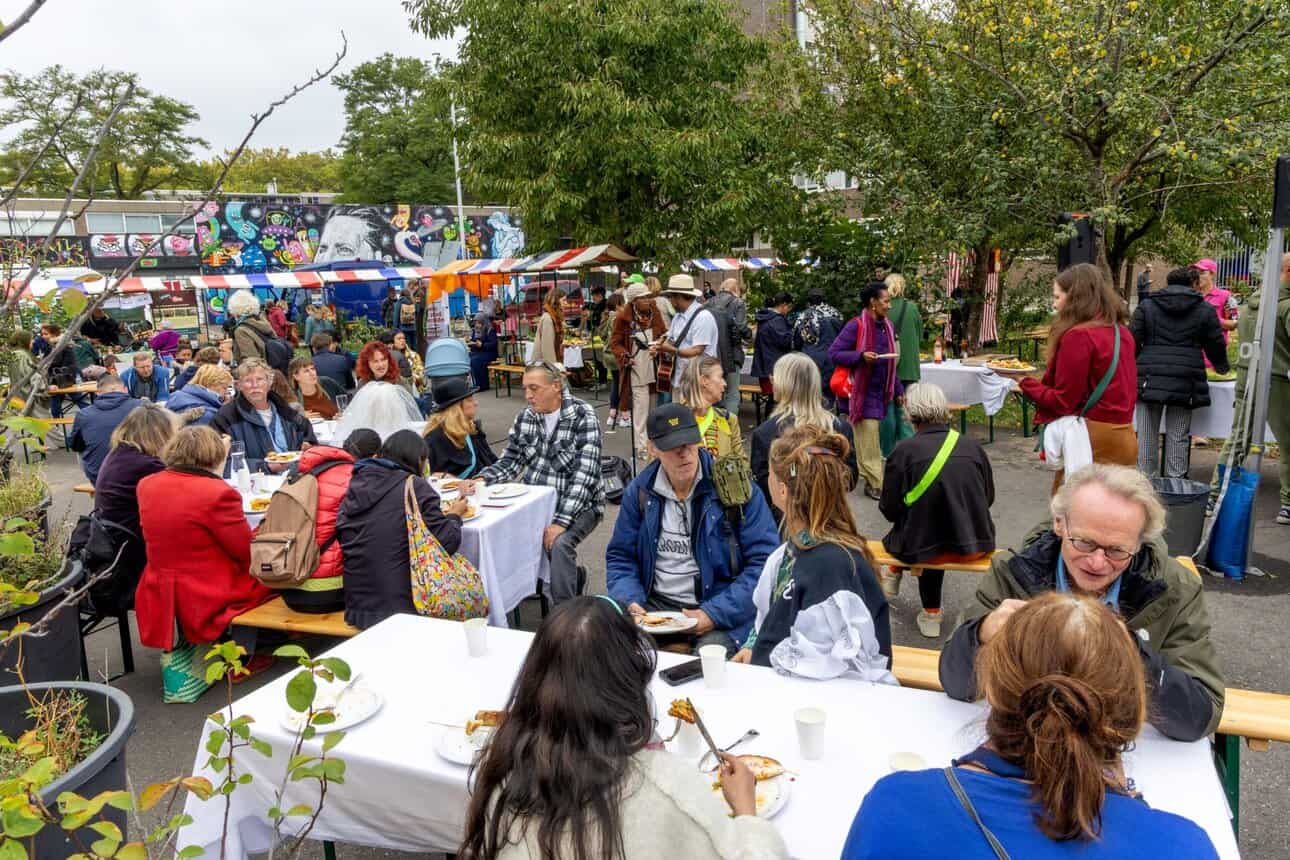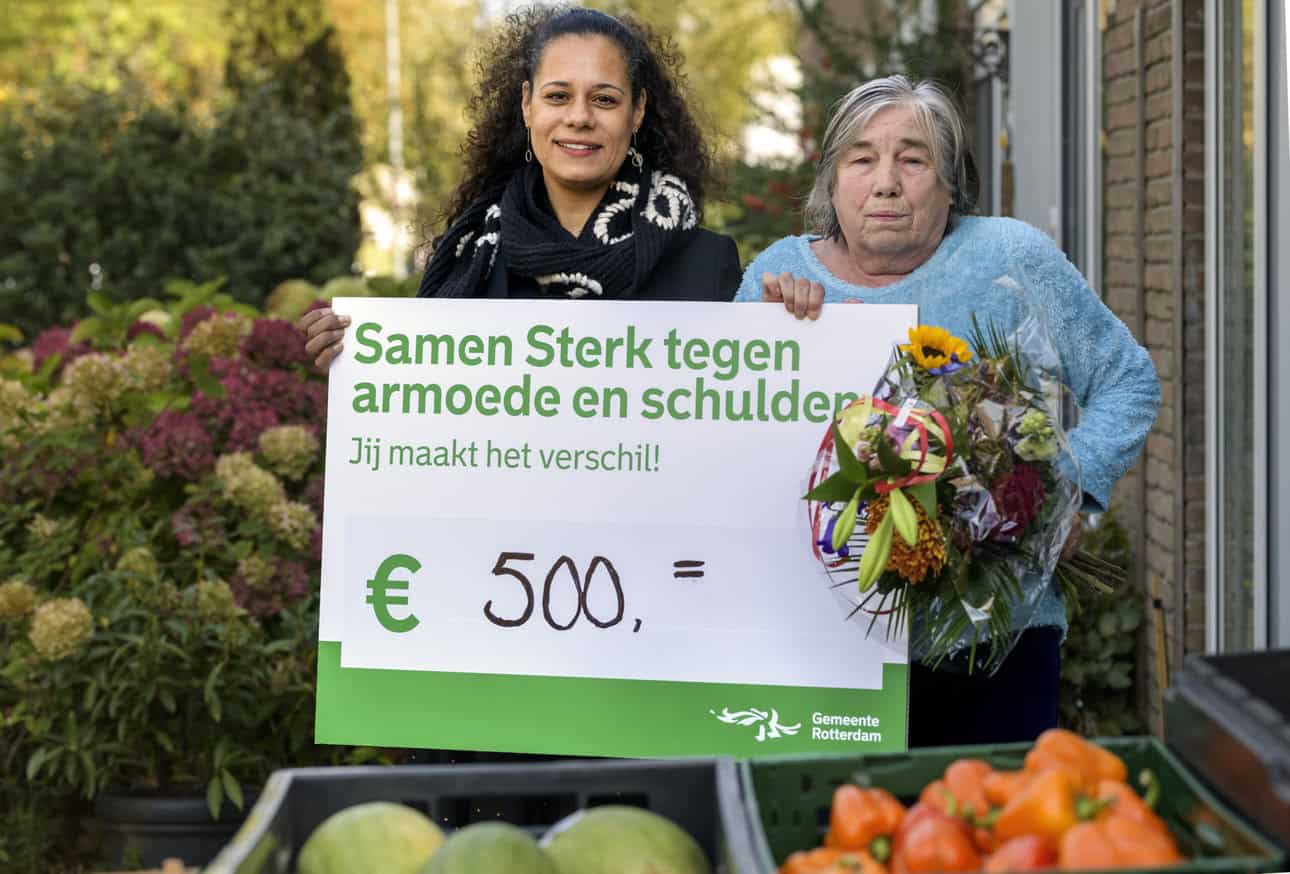ROTTERDAM, 18 March 2025 – The Rotterdam municipality has conducted an evaluation of the Wijk aan Zet administrative system, revealing both achievements and areas for improvement. The system, introduced in 2022, was designed to enhance local democracy through elected district and village councils (wijk- en dorpsraden).
Evaluation findings highlight successes and challenges
The evaluation, carried out by the municipality's Research & Business Intelligence (OBI) department, involved feedback from district and village councils, the municipal council, the executive board, and involved civil servants. While many district councillors expressed pride in their achievements, concerns about limited influence on municipal decision-making emerged.
According to Alderman Robert Simons (Neighbourhoods and Governance), the findings demonstrate positive aspects of the system alongside clear areas requiring improvement. “It’s encouraging that district and village councils are proud of their role, but it’s also clear that there’s room for growth. As this system is still relatively new, progress will take time,” Simons stated.
Achievements and concerns
District and village councillors highlighted successful initiatives, such as resident-led projects and action plan implementation. Collaboration within the councils and municipal support in neighbourhoods were praised.
However, many councillors expressed dissatisfaction with their influence on municipal decisions. They called for greater involvement in citywide issues affecting their neighbourhoods and additional decision-making powers. Improved communication with residents and better cooperation with the executive board were also identified as necessary improvements.
Addressing the challenges
In response, Alderman Simons acknowledged the concerns. “We take these signals seriously,” he said. While greater influence over citywide issues was deemed unrealistic due to the municipal council's responsibilities, Simons emphasised the need for clearer communication about the role of district councillors. He also expressed willingness to improve participation processes, support services, and communication strategies.
Simons highlighted the positive impact of the system, noting that nearly 75% of the agreed actions from district accords have been implemented. “These initiatives contribute to safer, stronger, and more vibrant neighbourhoods,” he remarked. Examples include new music pavilions, social clubs for the elderly, improved public safety, and outdoor sports facilities.
Next steps
The municipality plans to engage with all stakeholders, including district and village councils, the municipal council, and municipal departments, to further discuss the evaluation's findings. This includes a dedicated conference on 5 April at De Doelen. Future steps aim to strengthen successful elements while addressing identified issues.
The next evaluation is scheduled for the next administrative period, when residents and community partners will also be consulted for broader insights.
About Wijk aan Zet
Wijk aan Zet is a governance model designed to enhance neighbourhood involvement by enabling residents, entrepreneurs, and partners to shape their local communities. Elected district and village councils play a key role in setting goals and actions based on community needs. The next district council elections will coincide with the municipal elections in March 2026.
















